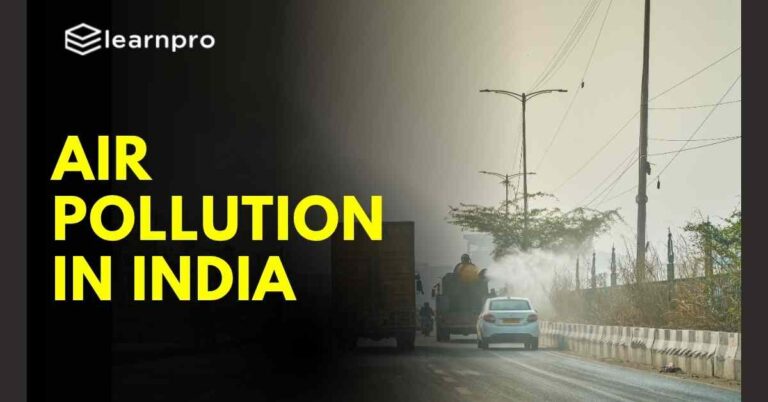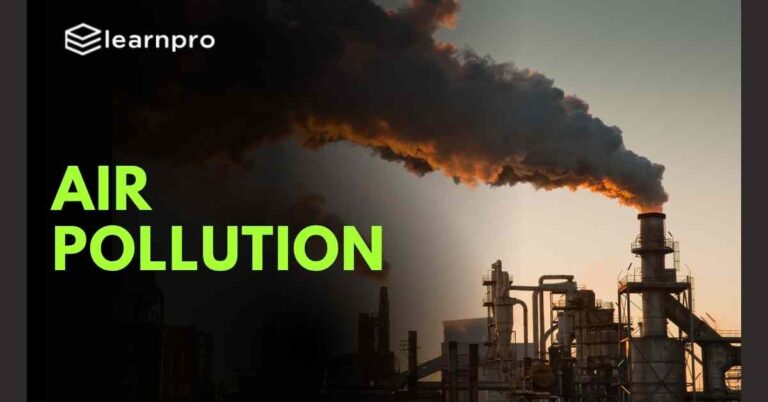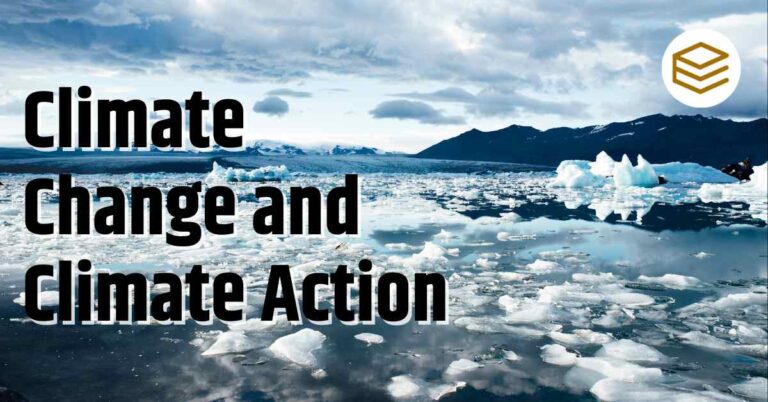January 25, 2026 4:31 am
The Sustainable Development Goals (SDGs) are a set of 17 global goals adopted by the United Nations in 2015 as part of the 2030 Agenda for Sustainable Development. These goals aim to address a broad spectrum of global challenges, including poverty, inequality, climate change, environmental degradation, peace, and justice. For UPSC aspirants, SDGs are a critical topic, connecting various subjects such as governance, environment, international relations, and social issues.
What Are the SDGs?
- The SDGs succeeded the Millennium Development Goals (MDGs) (2000-2015).
- They comprise 17 goals, 169 targets, and 232 indicators aimed at sustainable development.
- These goals are universal, integrated, and indivisible, addressing the three dimensions of sustainable development: economic, social, and environmental.
Key Features of SDGs
- Global Applicability: Unlike the MDGs, which focused on developing countries, the SDGs apply to all nations.
- Inclusivity: The goals aim to “leave no one behind,” prioritizing marginalized and vulnerable populations.
- Interconnectivity: Progress in one goal influences outcomes in others.
- No Poverty: End poverty in all its forms everywhere.
- Zero Hunger: End hunger, achieve food security, and improve nutrition.
- Good Health and Well-being: Ensure healthy lives and promote well-being.
- Quality Education: Ensure inclusive and equitable education.
- Gender Equality: Achieve gender equality and empower all women and girls.
- Clean Water and Sanitation: Ensure availability and sustainable management of water.
- Affordable and Clean Energy: Ensure access to sustainable energy.
- Decent Work and Economic Growth: Promote inclusive and sustainable economic growth.
- Industry, Innovation, and Infrastructure: Build resilient infrastructure and promote innovation.
- Reduced Inequalities: Reduce inequality within and among countries.
- Sustainable Cities and Communities: Make cities inclusive, safe, resilient, and sustainable.
- Responsible Consumption and Production: Ensure sustainable consumption and production patterns.
- Climate Action: Combat climate change and its impacts.
- Life Below Water: Conserve and sustainably use oceans, seas, and marine resources.
- Life on Land: Protect, restore, and promote sustainable use of terrestrial ecosystems.
- Peace, Justice, and Strong Institutions: Promote peaceful and inclusive societies.
- Partnerships for the Goals: Strengthen global partnerships for sustainable development.
1. In UPSC Prelims
- Questions often focus on SDG-related facts, such as goals, targets, and India’s performance in achieving them.
- Examples:
- “Which of the following is not an SDG?”
- “What is the aim of SDG 13?”
2. In UPSC Mains
- Topics related to governance, international relations, and social justice frequently require an understanding of SDGs.
- Example Question:
- “Discuss the role of SDGs in achieving inclusive growth in India.”
3. In Essay Paper
- SDGs provide a broad framework for essay topics like poverty alleviation, gender equality, and climate change.
4. In Ethics and Case Studies
- SDG principles such as justice, equality, and sustainability can guide ethical decision-making.
India’s Progress in Achieving SDGs
- India ranks 121st out of 193 countries on the 2023 Sustainable Development Report.
- The NITI Aayog monitors India’s SDG progress through the SDG India Index.
Key Initiatives for SDGs
- No Poverty:
- Schemes: PM Garib Kalyan Yojana, MGNREGA, Ayushman Bharat.
- Impact: Reduced extreme poverty to 10% (2023).
- Zero Hunger:
- Schemes: National Food Security Act (NFSA), Integrated Child Development Scheme (ICDS).
- Impact: Improvement in Global Hunger Index ranking.
- Quality Education:
- Schemes: Samagra Shiksha Abhiyan, NEP 2020.
- Impact: Increased enrollment in primary and secondary education.
- Clean Energy:
- Schemes: UJALA, PM-KUSUM, National Solar Mission.
- Impact: Achieved 175 GW renewable energy capacity by 2023.
1. Resource Constraints
- Limited financial and technological resources hinder implementation.
- Example: Slow progress in renewable energy projects due to lack of infrastructure.
2. Inequality
- Social and economic disparities persist, affecting access to basic services.
- Example: Gender gap in literacy rates.
3. Climate Change
- Extreme weather events undermine development efforts.
- Example: Frequent floods and droughts affect agricultural productivity.
4. Lack of Awareness
- Insufficient public understanding of SDGs and their relevance.
1. Strengthening Policy Frameworks
- Align national policies with SDG targets.
- Example: Integrating SDGs into state-level planning.
2. Enhancing Public-Private Partnerships
- Leverage corporate social responsibility (CSR) initiatives.
- Example: Collaborate with private firms for skill development programs.
3. Promoting Innovation
- Use technology to address developmental challenges.
- Example: Digital platforms for education in rural areas.
4. Empowering Local Governance
- Strengthen the role of Panchayati Raj Institutions in implementing SDG-linked schemes.
Prelims Question
Which of the following statements about SDGs is/are correct?
- SDGs replaced the Millennium Development Goals (MDGs) in 2015.
- SDG 13 focuses on gender equality.
- SDGs are applicable only to developing countries.
Options:
A) 1 only
B) 1 and 2 only
C) 2 and 3 only
D) None of the above
Answer: A) 1 only.
Mains Question
“Discuss the challenges India faces in achieving the Sustainable Development Goals and suggest measures to overcome them.”
Conclusion
The Sustainable Development Goals serve as a guiding framework for nations striving to balance development with sustainability. For India, achieving the SDGs is crucial for inclusive growth and global leadership in sustainable practices. For UPSC aspirants, understanding SDGs provides a multi-dimensional approach to addressing questions in Prelims, Mains, and Essays.
Useful Links >>
UPSC Mains Syllabus – General Studies-I: This post provides a detailed breakdown of the General Studies-I syllabus, covering Indian Heritage and Culture, History, and Geography of the World and Society.
Complete Notes of History for UPSC: A comprehensive collection of history notes tailored for UPSC aspirants, encompassing ancient, medieval, and modern Indian history.
UPSC CSE Exam 2025: An Insight: Gain insights into the UPSC Civil Services Examination for 2025, including important dates, exam patterns, and preparation strategies.
Important Books for UPSC Exams: A curated list of essential books recommended for various subjects in the UPSC examination, aiding in effective study planning.
UPSC Prelims Syllabus: An in-depth overview of the UPSC Preliminary Examination syllabus, helping candidates understand the topics to focus on during their preparation.





